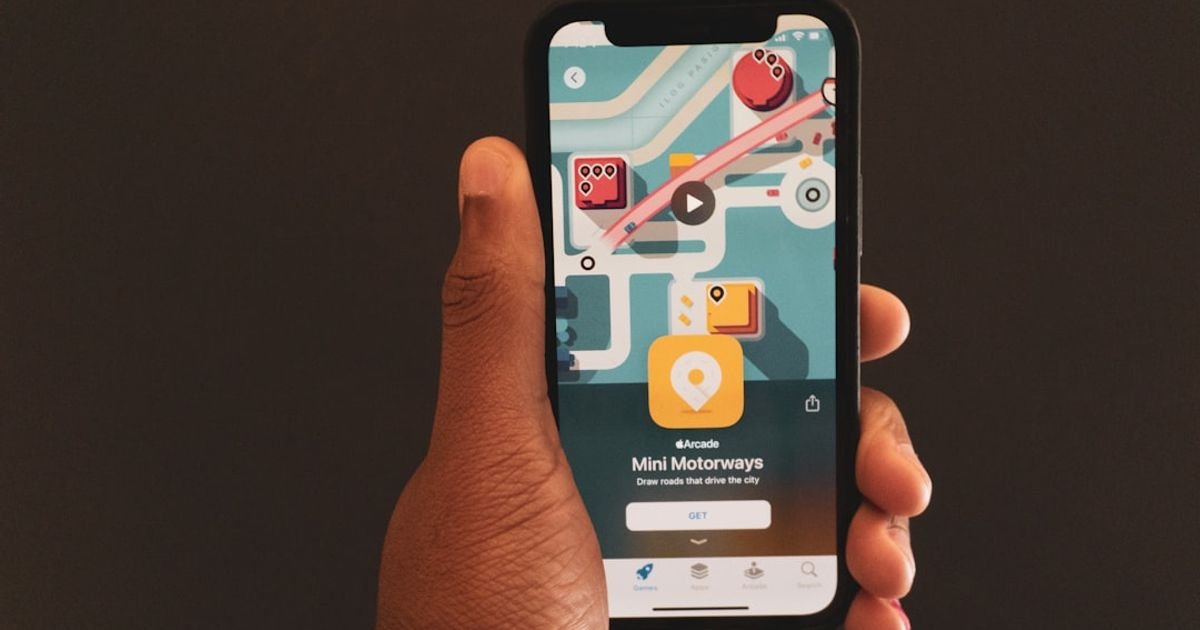About Prompt
- Prompt Type – Dynamic
- Prompt Platform – Google Gemini
- Niche – Mental Wellness
- Language – English
- Category – Health
- Prompt Title – Gemini Prompt for Creating a Mental Health Support App
Prompt Details
**Goal:** Generate a comprehensive design document for a mental health support app targeting the mental wellness niche. This document should be suitable for guiding developers and designers in building a user-friendly and effective mobile application.
**Prompt Template:**
“`
You are a seasoned mobile app design consultant specializing in mental wellness. I want you to design a mental health support app called {{AppName}}. This app will primarily target users experiencing {{TargetAudience}} and focus on {{PrimaryFocus}}.
**App Name ({{AppName}}):** This will be provided by the user. (e.g., “SereneMind,” “InnerBalance,” “Wellspring”)
**Target Audience ({{TargetAudience}}):** This will be provided by the user and can be single or multiple demographics, conditions, or interests. (e.g., “young adults with anxiety,” “working professionals experiencing burnout,” “individuals interested in mindfulness meditation”)
**Primary Focus ({{PrimaryFocus}}):** This will be specified by the user and defines the core functionality of the app. Examples include:
* **Cognitive Behavioral Therapy (CBT):** Focus on guided CBT exercises, thought journaling, and progress tracking.
* **Mindfulness & Meditation:** Guided meditations, breathing exercises, mindfulness reminders, and resources.
* **Mood Tracking & Analysis:** Mood journaling, pattern recognition, personalized insights, and potential triggers identification.
* **Stress Management:** Relaxation techniques, stress reduction exercises, coping strategies, and resource library.
* **Peer Support & Community:** Forums, group chats, moderated discussions, and connection with others facing similar challenges.
* **Goal Setting & Habit Formation:** Goal setting frameworks, habit trackers, progress visualization, and motivational support.
**Deliverables:**
1. **App Concept & Overview:** A brief description of the app’s purpose, target audience, and core features. Include the app’s unique selling proposition (USP) and value proposition.
2. **User Personas:** Develop 2-3 detailed user personas representing the target audience. Include demographics, motivations, pain points, tech savviness, and mental health needs.
3. **User Flows & Information Architecture:** Illustrate the user journey through key app functionalities (e.g., onboarding, accessing resources, tracking progress). Include a sitemap or information architecture diagram.
4. **Wireframes:** Provide low-fidelity wireframes for essential screens, showcasing the app’s layout and core elements. Focus on usability and intuitive navigation.
5. **UI Design Suggestions:** Offer recommendations for the app’s visual style, color palette, typography, and overall aesthetic. Consider factors like accessibility and user experience.
6. **Feature List & Prioritization:** A comprehensive list of features categorized by priority (Must-have, Should-have, Could-have). Include descriptions of each feature’s functionality.
7. **Monetization Strategy (Optional):** If desired, suggest potential monetization strategies, such as freemium models, subscriptions, or in-app purchases. Consider ethical implications related to mental health app monetization.
8. **Technical Considerations:** Briefly address technical aspects like platform compatibility (iOS, Android), data storage, security, and potential API integrations.
9. **Future Development Roadmap:** Outline potential future features and expansions to enhance the app’s functionality and user experience.
**Important Considerations:**
* **Privacy & Security:** Emphasize the importance of user data privacy and security.
* **Accessibility:** Ensure the app is accessible to users with disabilities.
* **Ethical Considerations:** Address ethical implications related to mental health app development and user wellbeing.
* **Evidence-Based Practices:** Ground the app’s design and functionality in evidence-based practices and research.
Please provide a detailed and well-structured response. Use markdown formatting for clarity and organization.
“`
**Example Usage:**
“`
You are a seasoned mobile app design consultant specializing in mental wellness. I want you to design a mental health support app called “MindfulMoments.” This app will primarily target users experiencing “college students with anxiety and stress” and focus on “Mindfulness & Meditation.”
Deliverables: (As listed in the template above)
“`
This dynamic prompt allows users to customize the app design process by specifying the app name, target audience, and primary focus. This flexibility ensures the generated output is tailored to their specific needs and vision. The detailed deliverables section ensures a comprehensive design document covering all crucial aspects of app development. The prompt also emphasizes ethical considerations and evidence-based practices, which are critical for developing responsible and effective mental health support applications. This structured and comprehensive prompt leverages Gemini’s capabilities to generate high-quality app design documentation.

